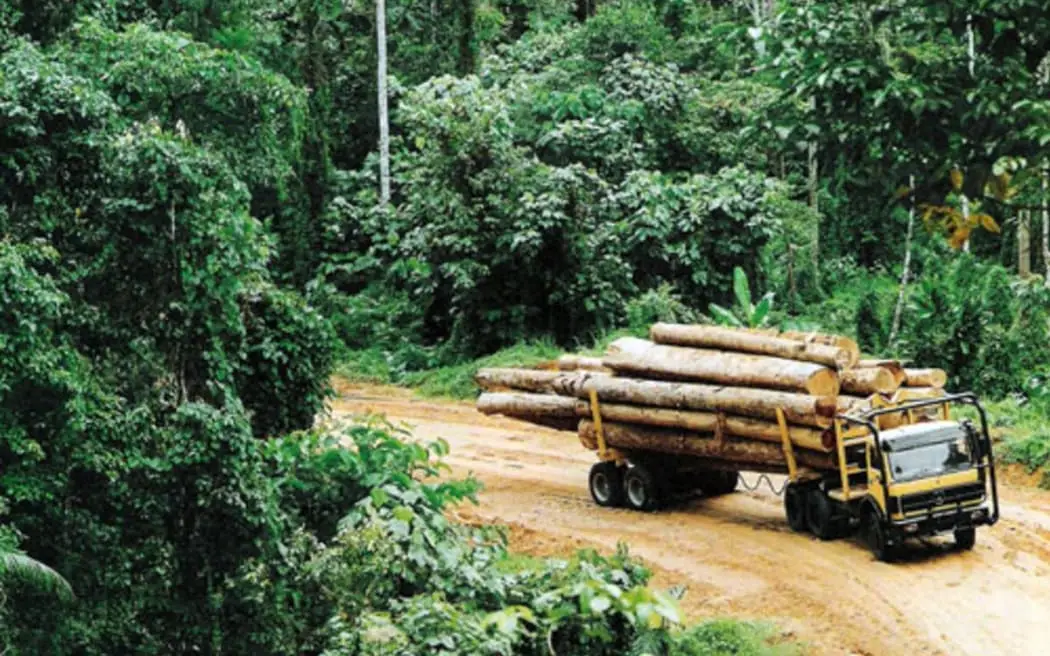A Concerning Forest Development Deal in Papua New Guinea
A planned forestry development in Western Province, Papua New Guinea, appears to have received approval without proper due diligence by the government, according to Transparency International Papua New Guinea.
The large-scale scheme, estimated to cost 4.8 billion kina, would involve building 600 kilometres of roads while taking a small amount of forestry along the routes. However, despite its significant financial investment, the taxpayer is expected to bear no costs.
A Disputed Past and Lack of Transparency
The Australian principals behind the project are also linked to an earlier discredited scheme planned for the same area in Western Province. In 2013, a similar proposal was made by the Independent Timbers and Stevan’s Limited company, which raised concerns among observers.
“We had a look at this particular venture, and it raised some red flags with us, primarily around the viability of this project, but also the lack of transparency, in terms of how the governor of Western Province,” said Peter Aitsi, TI PNG spokesperson. “Our political leaders have, in a way, given their support to this project in what appears to be without any real due diligence or proper consideration around the environmental impact, the societal impact, but also just the monetary and income value to PNG.”
A Governance Crisis
The deal has sparked concerns about the governance crisis in Papua New Guinea. “Unfortunately so,” said Don Wiseman. “And that again speaks to the broader concern that TI has where we’ve got this deteriorating governance environment within our country, and the conduct and behaviour of some of our leaders is eroding the trust, the public trust in its government and then the public service and public systems.”
The Role of Government Agencies
The PNG Forest Authority, a substantial government agency, appears to lack control over forestry developments in the country. “I think that’s an indication of the deterioration within our governance, again,” said Peter Aitsi. “Most of these government agencies and entities now, I’ve been saying this for many, many years now, have been politicised to the point that they have become essentially just a mechanism for our elected leaders to work through.”
Rebuilding Trust
Transparency International’s focus is on rebuilding these institutions. “So that’s really where the focus is, and underlying all that is the work we’re doing through our schools in introducing civic education or supporting civic education so that we are trying to get an understanding of the role of citizens within our society,” said Peter Aitsi.
A Long Road Ahead
Rebuilding trust and changing mindsets will take years. “Yes, the problem is changing that whole mindset, isn’t it? It’s going to take years and years and years to re-educate people about ethics and morals and so on,” said Don Wiseman.
In conclusion, the approval of this forestry development deal without proper due diligence by the government raises concerns about the governance crisis in Papua New Guinea. Transparency International’s work is crucial in rebuilding trust and promoting civic education to ensure that citizens have a role in shaping their country’s future.

0 Comments